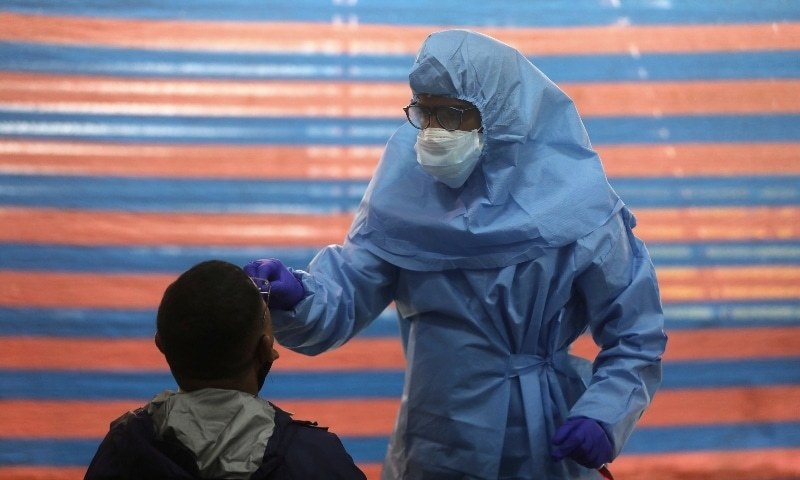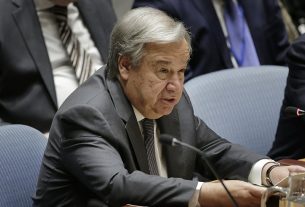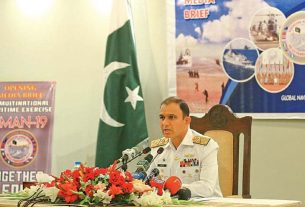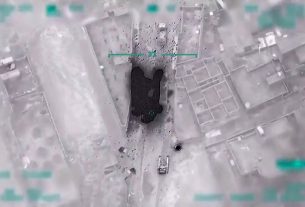PARIS: Posturing, repression and a distaste for facts: the world’s strongman regimes have dealt with the Covid pandemic in much the same way they deal with everything else, analysts say.
But the sometimes blatant disregard for the well-being of populations, coupled with sheer incompetence, has undermined whatever trust citizens have in such leaders, they say.
“They all have a similar type of leadership behaviour, a macho leadership,” said Uma Kambhampati, a development economist at Britain’s University of Reading.
“This kind of pandemic must be irritating the hell out of them.”
After a strong public presence early in the crisis, leaders like Indian Prime Minister Narendra Modi and Russian President Vladimir Putin are now avoiding the Covid limelight, she said.
“In the initial stages they could blame others but now, six months down the line, they can’t blame anybody else,” she said.
“It’s not a comfortable position for them.”
One typical response has been to stifle criticism coming from health workers and other essential personnel, said Amnesty International, citing China, Russia, Malaysia and Pakistan as examples.
In a July report, entitled “Exposed, Silenced, Attacked”, Amnesty highlighted cases of governments imposing restrictions to prevent such workers from voicing concerns about policy.
Their worries often relate to unsafe working conditions, lack of adequate personal protective equipment, insufficient training and inadequate testing of healthcare workers.
Amnesty cites the case in China of ophthalmologist Li Wenliang, who warned colleagues about Covid and was promptly sanctioned for “spreading rumours”.
In Egypt, authorities have used charges of “spreading false news” and “terrorism” to arrest, between March and June, at least nine doctors and pharmacists for speaking out, according to Amnesty.
The same charges were brought against Mohamed Mounir, a 65-year old journalist working for Al Jazeera, who died of Covid in prison in July.
About Pakistan, Amnesty said police broke up a protest by doctors against their working conditions and lack of equipment, ploughing into the crowd with batons and arresting dozens.
“Authoritarian countries have a very particular pattern that was reinforced by the pandemic,” said Benno Zogg, a senior researcher at the Centre for Security Studies in Switzerland.
“They want to give the image of being strong, that was true for Russia and China, to show that authoritarian regimes are better able to manage such a crisis than democratic ones,” he said.
“They took several steps to basically control society and make sure that there was no alternative information nor alternative opinions.”
Abuses against human rights have mostly consisted of restricting free expression and assembly, experts say.
One notable exception is Belarus, where chaotic handling of the pandemic, compounded by fraud allegations in a presidential election, sparked mass demonstrations.
The governments of the Philippines, Russia, Kyrgyzstan and Kazakhstan and others are guilty of keeping a lid on critical voices concerning the pandemic, they say.
Philippine President Rodrigo Duterte has been criticised for the police’s heavy-handed handling of confinement and testing rules.
Using a need to stem Covid’s spread as a pretext, many regimes have also boosted spending on surveillance equipment, often made in China, such as GPS tracking, CCTV, face recognition and ID checking software.



